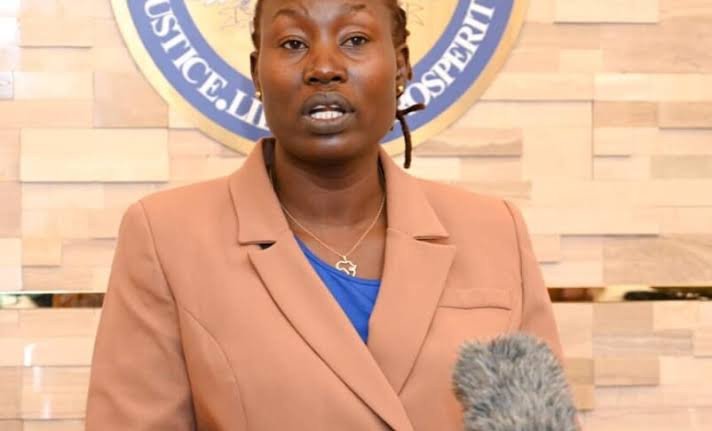South Sudan announces schools closure as heatwave deepens

South Sudan declared an indefinite closure of all schools on Saturday in response to soaring temperatures that have characterized a relentless heatwave in recent days. The Minister of Health, Yolanda Awel Deng, disclosed that the heatwave is anticipated to persist for up to two weeks, with temperatures hovering between 41 and 45 degrees Celsius.
Speaking to reporters in the capital, Juba, Minister Awel outlined the government’s proactive measures to address the escalating heatwave. These measures include the immediate closure of all schools effective March 18 and an advisory for parents to restrict their children from outdoor activities for prolonged periods. Additionally, parents are urged to closely monitor their children, particularly young ones, for signs of heat exhaustion and heatstroke.
Minister Awel emphasized the acute impact of heatwaves on large populations within short durations, often precipitating public health emergencies. She underscored the potential consequences, including excess mortality, socioeconomic disruptions such as loss of work capacity and productivity, and strains on health service delivery.
Highlighting the urgency of the situation, Minister Awel revealed that the disease surveillance department at the national Health ministry has established a robust system to detect and respond to cases of heat-related illnesses. Tragically, reports of fatalities attributed to excessive heat have already surfaced in South Sudan, underscoring the severity of the crisis.
Joseph Africano Bartel, the Undersecretary in the Ministry of Environment, cautioned that climate change is manifesting as a global phenomenon, bringing about significant temperature fluctuations in South Sudan. Bartel urged the public to take preemptive measures against escalating heatwaves and called upon developed nations to curb emissions, as South Sudan braces for impending climate change impacts, including heavy rainfall, floods, and droughts.
A circular issued by the Ministry of Environment and Forestry forewarned of potential illnesses and fatalities among both adults and children if exposed to prolonged periods of high heatwaves. According to the World Meteorological Organization (WMO), heatwaves exacerbate various risks, including health-related and economic vulnerabilities such as increased mortality rates, droughts, wildlife disturbances, power shortages, and agricultural losses.







